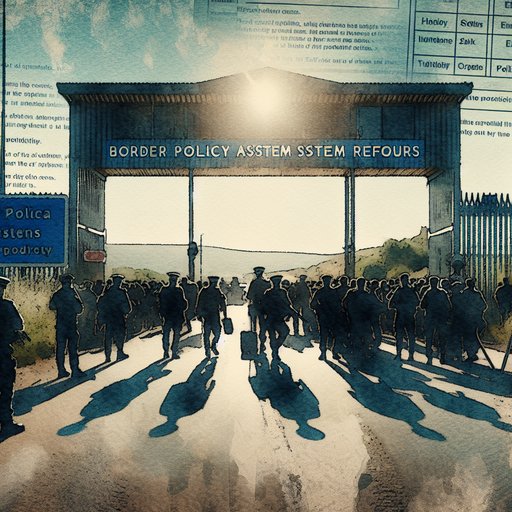
A major shakeup at the Centers for Disease Control and Prevention (CDC) has sparked concerns about America's ability to respond to future health emergencies. The dismissal of CDC Director Susan Monarez, along with the resignation of four senior officials, has created what experts are calling a leadership vacuum at the nation's premier public health agency [1].

In a significant development for ongoing European security efforts, NATO has announced a major new military assistance package for Ukraine, committing an additional $50 billion in aid through the end of 2025 [1]. This substantial commitment comes amid complex political dynamics, including Hungary's legal challenge to EU's use of frozen Russian assets and diverging views among Western allies about the path forward.

Thailand faces a period of political uncertainty after its Constitutional Court removed Prime Minister Paetongtarn Shinawatra from office following controversy over a leaked phone call with Cambodia [1]. The landmark ruling has created immediate questions about leadership succession in Southeast Asia's second-largest economy.

A recent survey reveals increasing engagement in local democracy across Poland, as more citizens express willingness to participate in recall referendums for municipal and city leadership. The shift represents a growing trend toward direct democratic participation at the regional level, with voters showing heightened interest in having a say in their local governance [1].

As the September 30 fiscal year deadline looms, U.S. financial markets are showing signs of volatility amid growing concerns about a possible government shutdown. The approaching deadline is creating uncertainty in various sectors, particularly affecting defense and technology stocks, while raising questions about essential government services [1].

Tensions escalated in Indonesia as police confronted student demonstrators protesting against excessive parliamentary benefits. The demonstrations were sparked by revelations that lawmakers receive monthly housing allowances exceeding $3,000, a figure that has caused widespread public outrage in a country where many citizens struggle with basic living costs [1].

In a series of dramatic moves that have intensified federal control, President Trump has taken unprecedented steps to reshape both domestic policy and key institutions. The president announced the removal of Federal Reserve Governor Lisa Cook "effective immediately" [1] while simultaneously threatening to deploy National Guard troops to Chicago [2], marking a significant expansion of federal authority over both monetary policy and urban law enforcement.

The British government has unveiled plans for a comprehensive reform of its asylum appeals process, responding to mounting tensions over refugee accommodation and record-high application numbers. The announcement comes as protests erupt across the country, with far-right groups and anti-racism campaigners clashing over the use of hotels to house asylum seekers [1].

The European Union and United States have reached a significant milestone in their economic relationship with the announcement of a Framework Agreement on Reciprocal, Fair, and Balanced Trade [1]. The comprehensive deal aims to boost trade, investment, and industrial cooperation between the two economic powerhouses, though it has sparked varied responses from different sectors.

In a significant development that highlights the ongoing tensions between political factions in Bolivia, the country's Supreme Court has issued an unprecedented order calling for an urgent review of cases involving three prominent right-wing political leaders. The decision marks a potential turning point in the nation's political landscape and has drawn attention to the complex relationship between judicial systems and political ideologies [1].
























